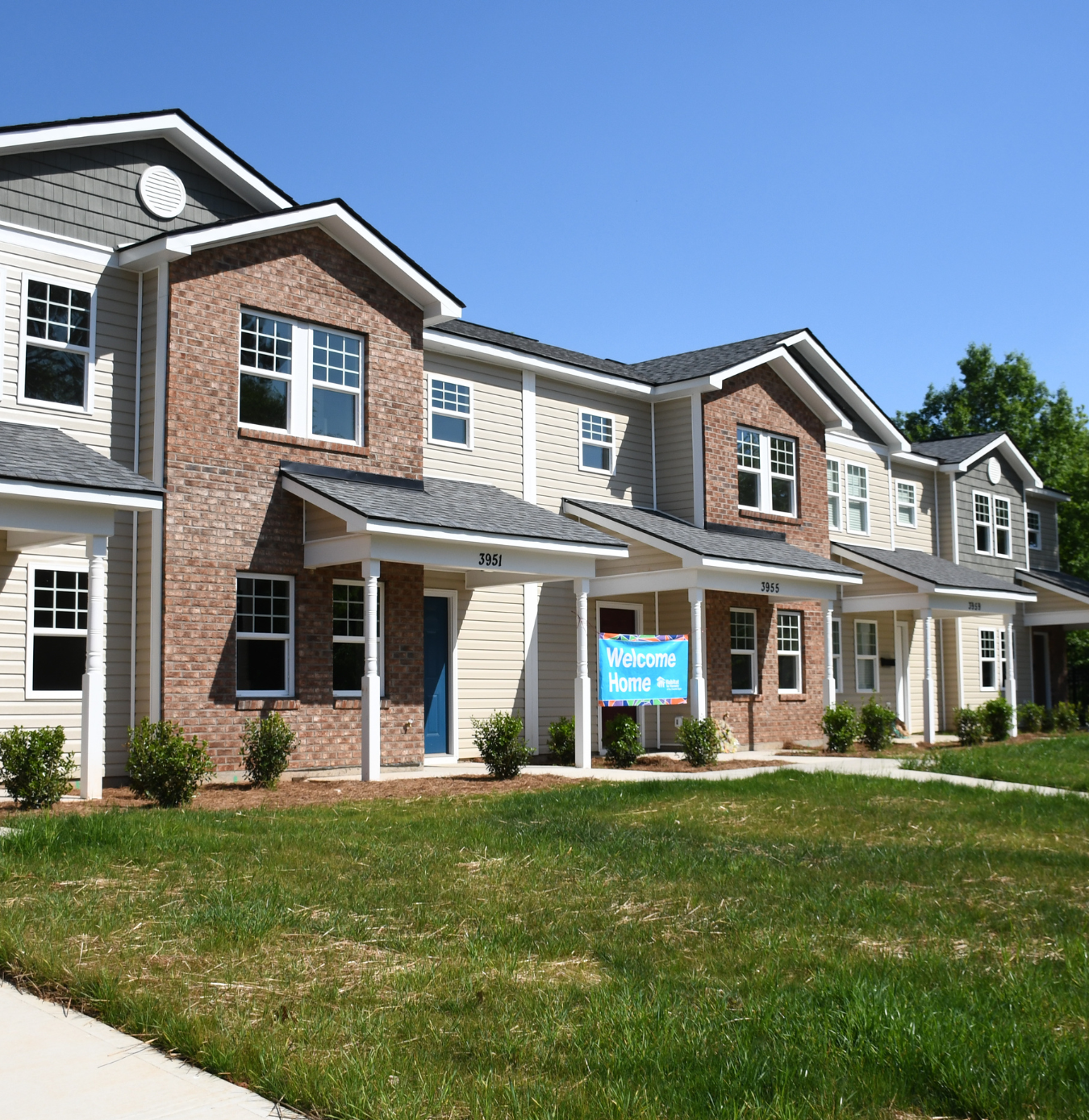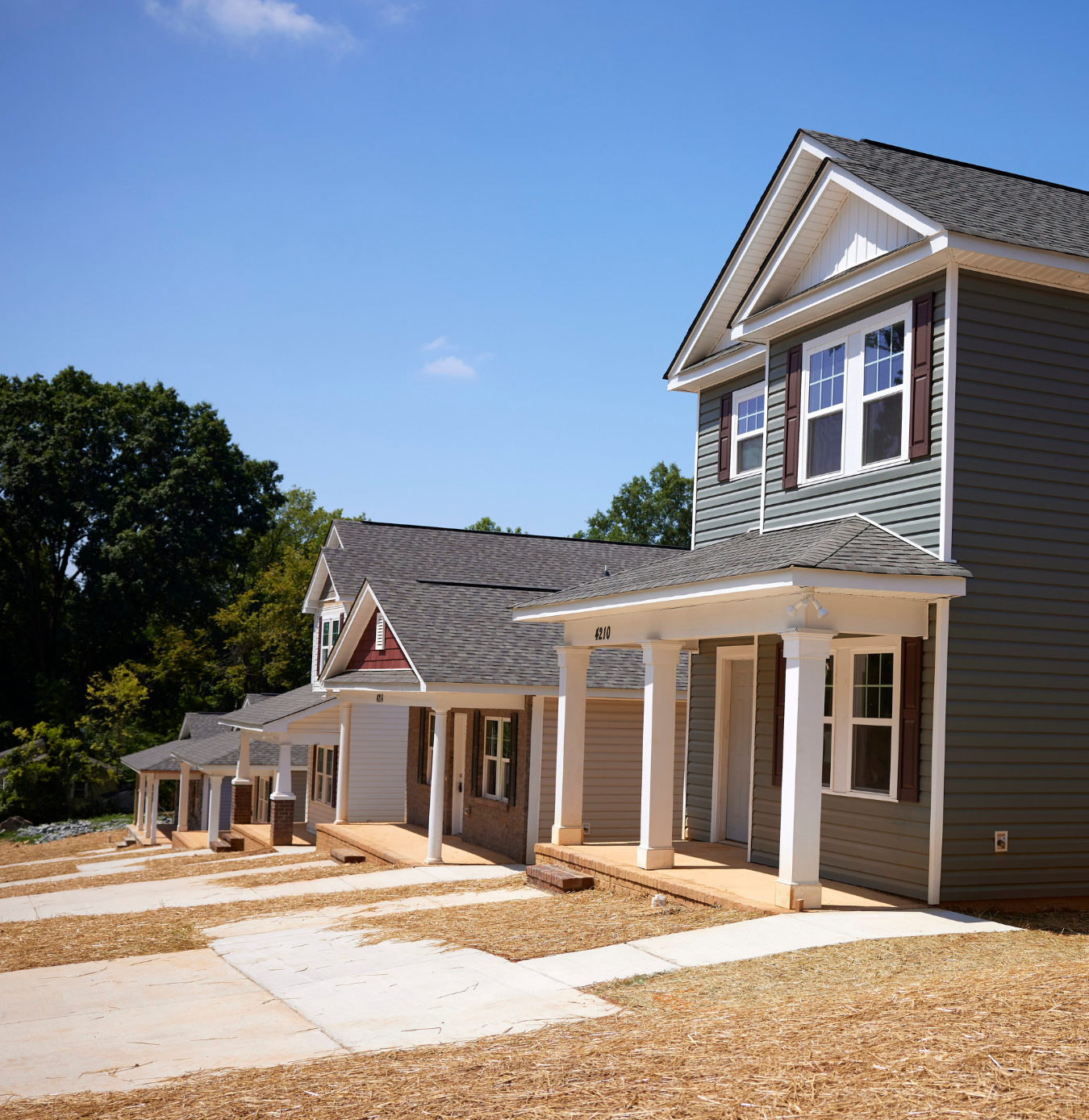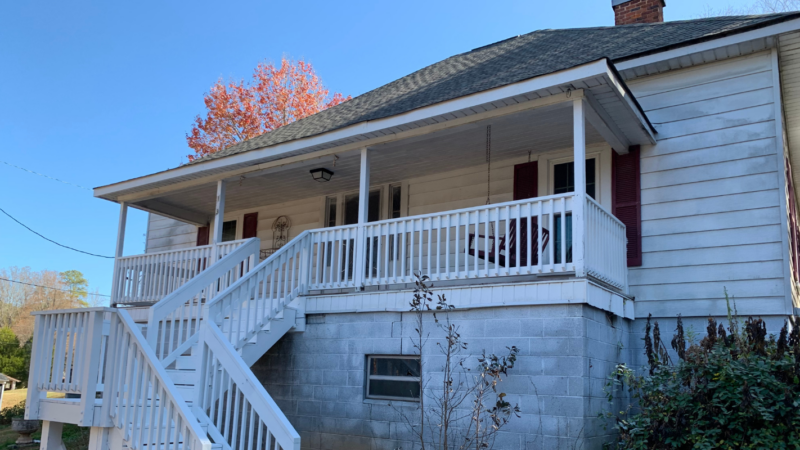May 1, 2024 | Kailey Truczinskas
Debunking Common Affordable Housing Myths
Myth: Affordable Housing Depreciates Nearby Property Values
This myth has been debunked through numerous studies. For example, an analysis of 3,083 low-income housing projects from 1996 to 2006 in the nation’s 20 least affordable markets found no significant effect on home values located near a low-income housing project, with a few exceptions. Another study from Georgia Tech’s School of Public Policy also affirmed that housing built using the federal Low-Income Housing Tax Credit (LIHTC) does not lower nearby property values. The National Low Income Housing Coalition states that 85% of affordable housing meets or exceeds federal quality standards, often matching or surpassing the condition of neighboring properties.
Myth: Affordable Housing Is a Burden on Municipal Resources
Contrary to this myth, affordable housing can actually enhance local tax revenues by improving or replacing substandard housing. In fact, Habitat Charlotte Region homeowners have paid over $20 million in property taxes over the past 40 years. Affordable housing owners actively contribute to the local economy through the taxes they pay, the money they spend on local businesses, and the increased property values and revenue they bring to a neighborhood.
Myth: Affordable Housing Perpetuates Poverty
Affordable housing serves as a stepping stone for low and moderate-income families, offering a stable living environment from which they can pursue better economic opportunities. By having a stable home, children are able to build long-term relationships with peers, teachers, and mentors, which is key to increasing performance in schools. This stability also increases the likelihood that children will be able to attend college.






